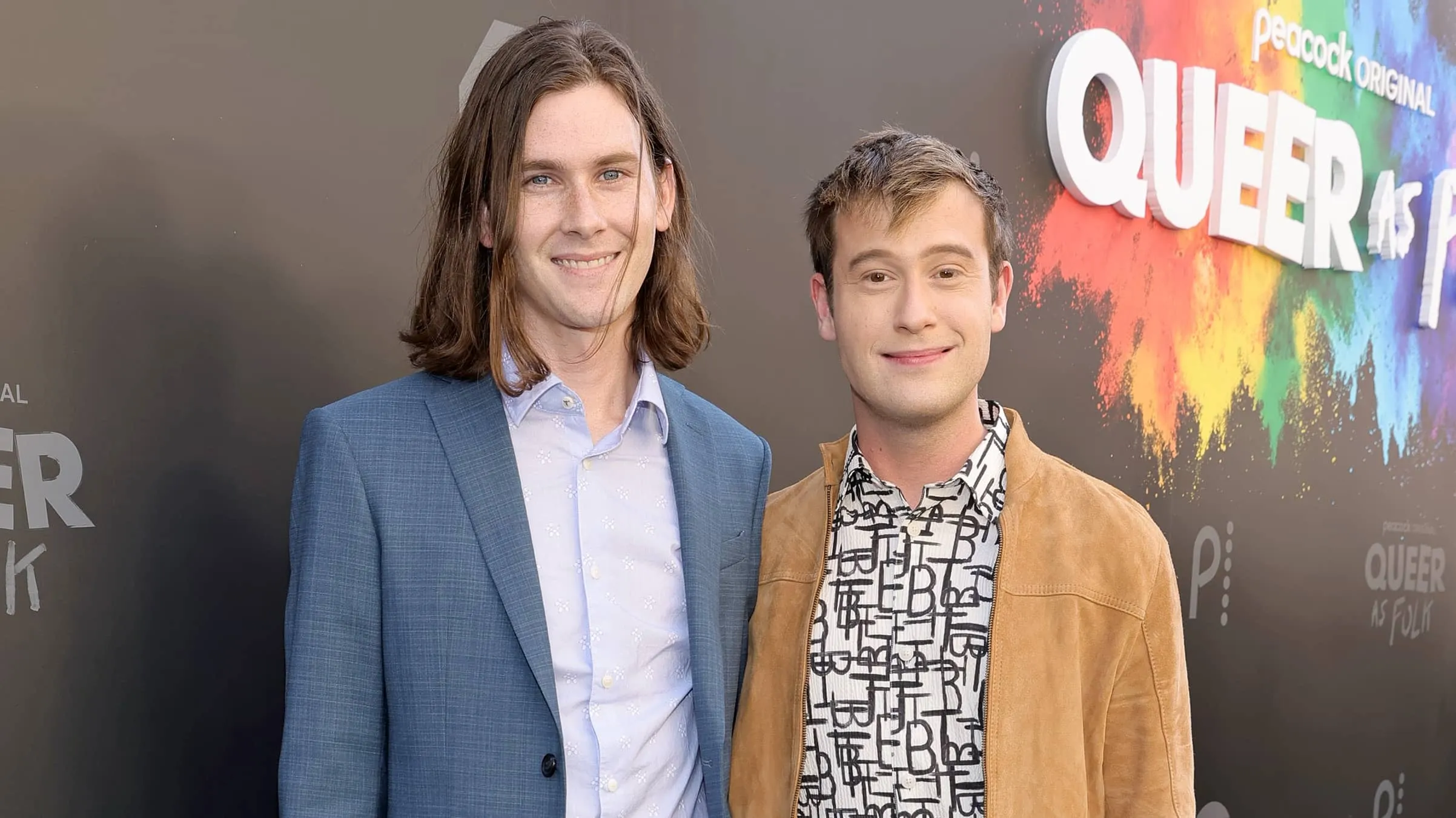May 28, 2011
Gender Outlaws: The Next Generation / Balancing on the Mechitza: Transgender in Jewish Community
Kevin Mark Kline READ TIME: 3 MIN.
Books by or about transgender people are experiencing a literary renaissance similar to the one enjoyed by lesbian and gay writers back in the 1970s. The transgender experience has been written about in so many good books recently that this year's Lambda Literary Awards includes two transgender categories (Fiction and Nonfiction).
The American Library Association's Stonewall Award for LGBT Children or Young Adults Literature was awarded this year to Almost Perfect, Brian Katcher's touching novel about a high school's jock relationship with a trans girl. But there are as many transgender experiences as there are transgender people. So the best transgender books are often anthologies showcasing the diversity of the trans community.
In 1994 Kate Bornstein wrote Gender Outlaw: On Men, Women, and the Rest of Us, a still-essential title that chronicled Bornstein's transition "from heterosexual male to lesbian woman, from a one-time IBM salesperson to a playwright and performance artist." In Gender Outlaws: The Next Generation, Bornstein symbolically passes the torch to writer and theater artist S. Bear Bergman (Butch Is a Noun), who shares editing chores with Bornstein.
The rightful winner of the Publishing Triangle's Special Award in Nonfiction, Gender Outlaws: The Next Generation collects the experiences of a generation of transgender and genderqueer authors, artists and activists who came of age since the publication of Bornstein's epochal first book. GO:TNG features a variety of first-person essays, poems, performance pieces, dialogues, cartoons and even a recipe: "Telyn's Amazing Vegan Curry" by Telyn Kusalik.
Other contributors who make Gender Outlaws: The Next Generation so compelling are Roe-Anne Alexander, Zev Al-Walid, Luis Gutierrez-Mock, Gwendolyn Ann Smith, founder of the Transgender Day of Remembrance, and, of course, the always-delightful Bergman and Bornstein. In "Marsha P. Johnson::ten suns the transformer::" Tamiko Beyer eulogizes the late trans activist and Stonewall veteran while in "Shot, Stabbed, Choked, Strangled, Broken: a ritual for November 20th" Roz Kaveney created a poem that should be read at each and every Transgender Day of Remembrance.
A mechitza is a barrier that separates men from women in Orthodox Jewish synagogues and at the Western Wall in Jerusalem. Transgender Jews, especially the observant ones, "balance on the mechitza" that separates the genders actually and symbolically. In Balancing on the Mechitza: Transgender in Jewish Community, editor Noach Dzmura collected an assortment of "spiritual autobiography, rituals, text study, assistance for community organizing, and theory to advance the idea and the practical reality of transgender inclusion in mainstream and queer Jewish spaces. The book provides classical Jewish texts with traditional and activist interpretations that support and validate transgender lives." Among the contributors to Balancing on the Mechitza are trans Jews like Bornstein, Aaron Devor and Martin Rawlings-Fein as well as some supportive, non-transgender women. On the other hand, there are no contributions from non-transgender men (no surprise) and only two submissions from Orthodox Jews both written by Beth Orens, a trans woman who literally "crossed the mechitza." As a gay Jew who values my transgender friends, I learned much about this segment of our community by reading Balancing on the Mechitza.
- - -
Gender Outlaws: The Next Generation
Edited by Kate Bornstein and S. Bear Bergman
302 pages
Seal Press
Balancing on the Mechitza: Transgender in Jewish Community
Edited by Noach Dzmura
250 pages
North Atlantic Books



